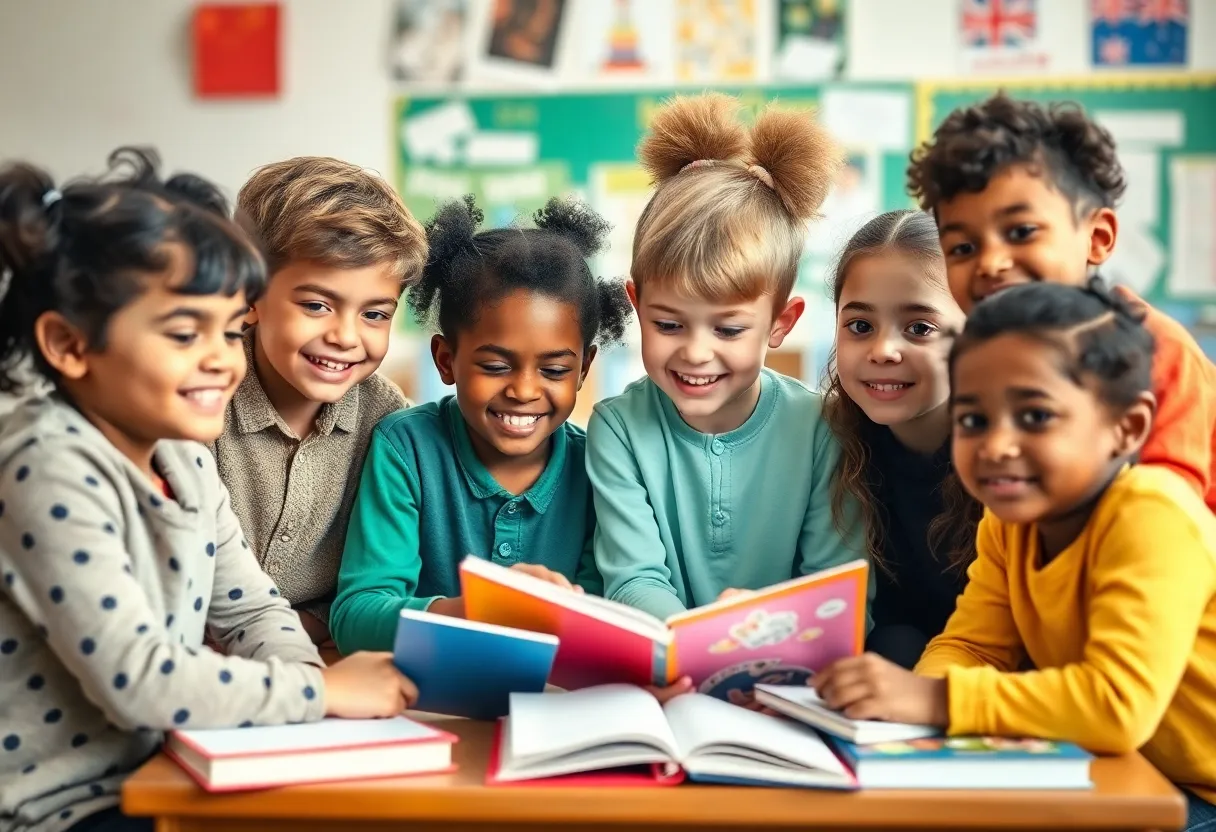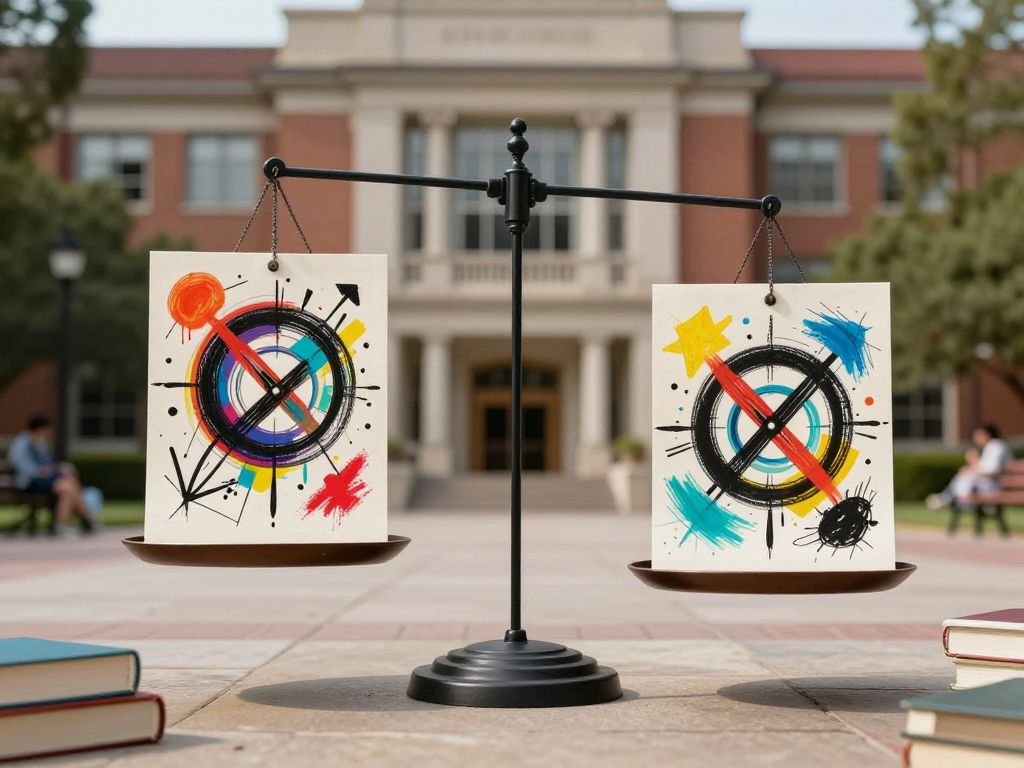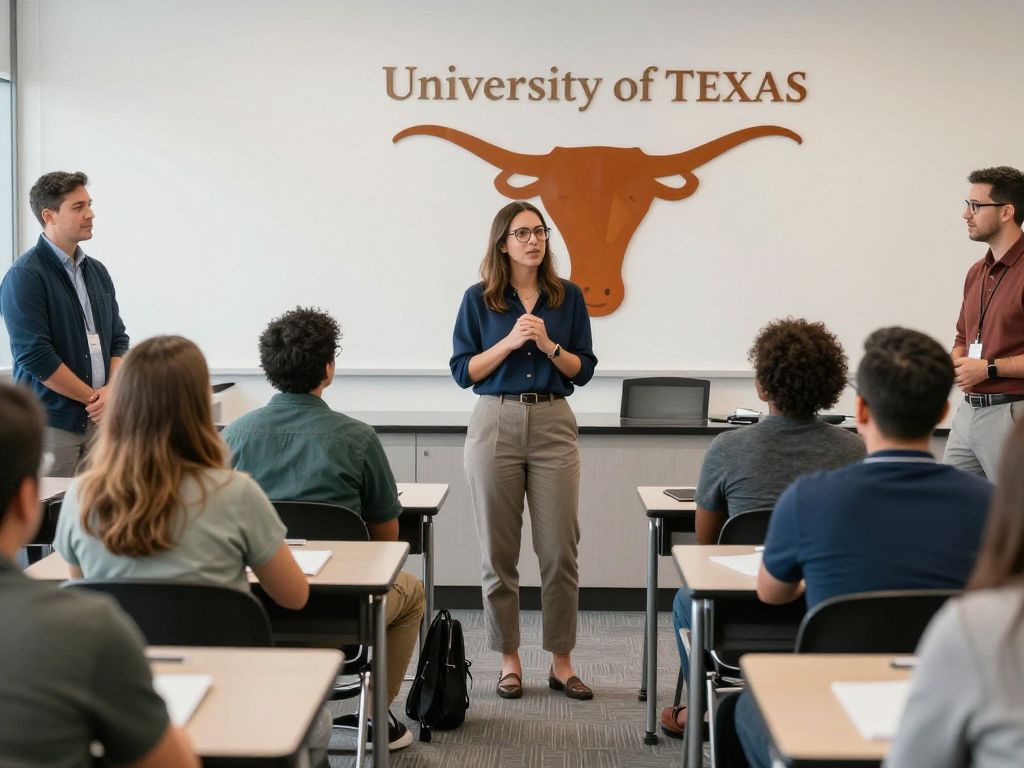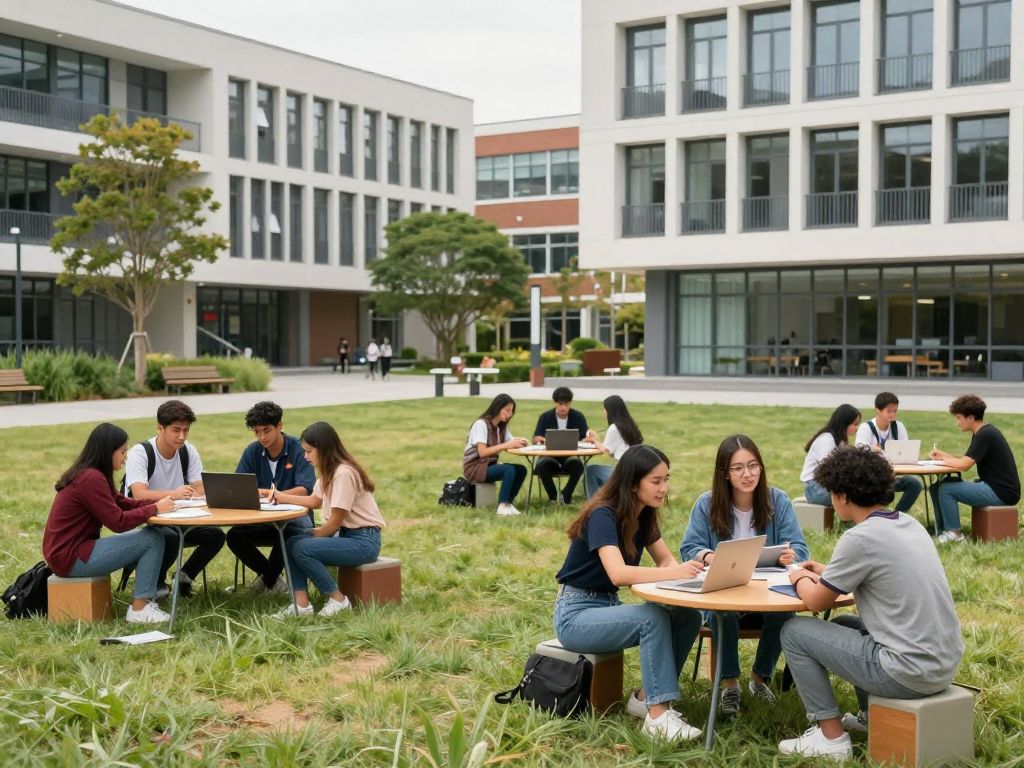Chicago, September 26, 2025
News Summary
Former President Barack Obama has voiced concerns regarding the political polarization that clouded discussions on school closures during the COVID-19 pandemic. Highlighting the implications of these measures on children’s education and social development, Obama criticized the framing of the issue as a partisan debate. He stressed the importance of addressing educational needs alongside health risks in the ongoing dialogue about school operations as communities work to recover from the pandemic’s effects.
Chicago – Former President Barack Obama expressed concerns about political polarization in discussions surrounding school closures during the COVID-19 pandemic, highlighting the significant implications of these decisions on children’s education and social development. Recent commentary from Obama revealed that many discussions were sidetracked by political divides, particularly framing the issue as a ‘Left versus Right’ debate.
The COVID-19 pandemic first entered the United States when the Centers for Disease Control and Prevention (CDC) confirmed its first case on January 30, 2020. By the end of March 2020, schools nationwide were closed to mitigate the spread of the virus. Fast forward to mid-September 2020, and about 60% of schools were operating entirely virtually, with only 20% conducting traditional in-person classes and another 20% employing a hybrid model.
Throughout 2021, many schools, particularly in Democratic-leaning states, continued to operate under reduced schedules with strict health protocols, including mask mandates and social distancing measures. The decisions regarding school closures and operational models prompted debates about the effectiveness of such measures and their long-term impact on students.
Observations from experts indicated that extended school closures failed to significantly curtail the spread of COVID-19 while severely impacting children’s education and social experiences. Reports, including one from the New York Times in March 2024, acknowledged that these closures did not have the intended effect on virus transmission and led to lasting academic setbacks for students.
The National Assessment of Educational Progress (NAEP) data illuminates a sharp decrease in reading and math scores among high school students compared to pre-pandemic levels in 2019. Furthermore, a McKinsey report highlighted that, by autumn 2020, students had learned only 67% of the math curriculum that was expected, exacerbating educational inequalities that existed prior to the pandemic.
In his statements, Obama underscored the necessity of frank discussions about reopening schools sooner to better accommodate working parents, who faced growing challenges around child care. He asserted that while there were valid concerns about the health risks posed by the pandemic, these concerns should not negate the need for dialogue about the broader social consequences of school closures.
Obama’s observations reflect a consensus among many stakeholders that the decision-making processes during the pandemic require an equilibrium between public health considerations and the educational needs of children. The former president’s comments echo growing sentiments among educators, parents, and policymakers advocating for a more nuanced approach to managing future crises.
Background Context
When the pandemic began in early 2020, school closures were enacted as emergency measures to prevent the spread of the virus. Since then, the educational landscape has drastically changed, revealing how such decisions can impact generations of students. Over the course of the pandemic, the debate regarding the reopening of schools became increasingly divisive, contributing to an atmosphere of frustration and confusion among families and educators.
The implications stemming from the pandemic’s impact on education continue to resonate. As communities begin to recover from the effects of school closures, questions remain regarding student learning gaps, educational equity, and the psychological well-being of children who missed crucial social interactions with peers.
FAQ Section
What concerns did Barack Obama express regarding school closures?
Barack Obama criticized the political polarization surrounding school closures during the COVID-19 pandemic, stressing that discussions were often framed as a ‘Left versus Right’ issue. He emphasized that the necessity of in-person schooling was overlooked.
What data reflects the impact of school closures on students?
According to the National Assessment of Educational Progress (NAEP), there was a notable decrease in reading and math scores among high school students compared to pre-pandemic levels, highlighting significant academic setbacks.
What was the initial response to the pandemic regarding school operations?
Schools in the U.S. began closing in March 2020 as a response to the pandemic, significantly shifting to virtual learning models. By mid-September of that year, around 60% of schools were operating fully online.
Deeper Dive: News & Info About This Topic
HERE Resources
Additional Resources
- Unherd: Barack Obama on School Closures
- WAPT: Jackson Public Schools Concerns
- LAist: School Closures in LA
- Jsonline: Potential School Closures in Milwaukee
- Next Pittsburgh: School Changes in PPS
- Wikipedia: COVID-19 Pandemic in the United States
- Google Search: Impact of School Closures Due to COVID-19
- Google Scholar: Educational Impact of COVID-19 School Closures
- Encyclopedia Britannica: Education
- Google News: School Closures COVID-19
Author: STAFF HERE HOUSTON TX WRITER
The HOUSTON STAFF WRITER represents the experienced team at HEREHouston.com, your go-to source for actionable local news and information in Houston, Harris County, and beyond. Specializing in "news you can use," we cover essential topics like product reviews for personal and business needs, local business directories, politics, real estate trends, neighborhood insights, and state news affecting the area—with deep expertise drawn from years of dedicated reporting and strong community input, including local press releases and business updates. We deliver top reporting on high-value events such as Houston Livestock Show and Rodeo, Art Car Parade, and Chevron Houston Marathon. Our coverage extends to key organizations like the Greater Houston Partnership and Houston Area Urban League, plus leading businesses in energy and healthcare that power the local economy such as ExxonMobil, Schlumberger, and Houston Methodist. As part of the broader HERE network, including HEREAustinTX.com, HERECollegeStation.com, HEREDallas.com, and HERESanAntonio.com, we provide comprehensive, credible insights into Texas's dynamic landscape.





